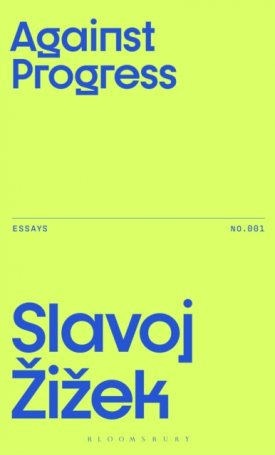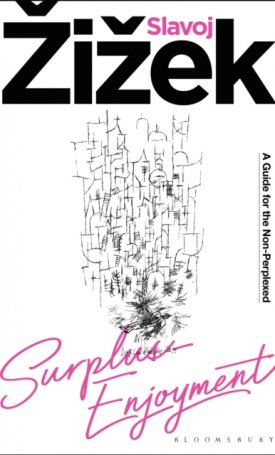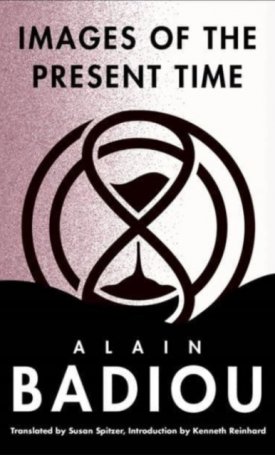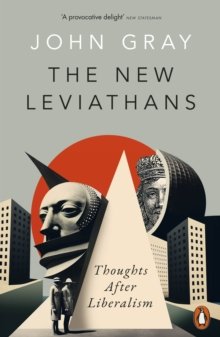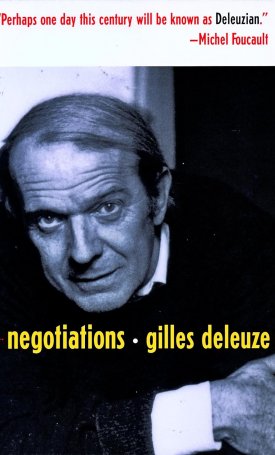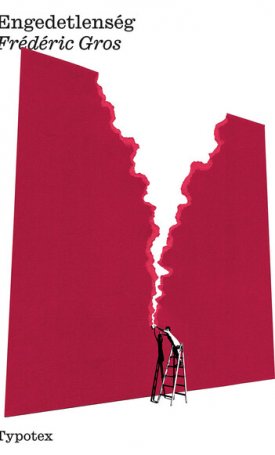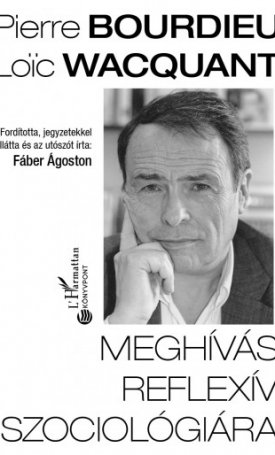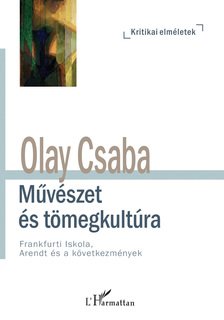Sources of the Self - The Making of the Modern Identity
Cover: Fűzött
ISBN: 9780521429498
Size: 23.5
Page no.: 613
Publish year: 1992
-10%
9 970 Ft
8 973 Ft
Preorder(You have to login)
Discounted prices are valid only for orders placed through our webshop.
Sources of the Self - The Making of the Modern Identity
Most of us are still groping for answers about what makes life worth living, or what confers meaning on individual lives, writes Charles Taylor in Sources of the Self. This is an essentially modern predicament. Charles Taylors latest book sets out to define the modern identity by tracing its genesis, analysing the writings of such thinkers as Augustine, Descartes, Montaigne, Luther, and many others. This then serves as a starting point for a renewed understanding of modernity. Taylor argues that modern subjectivity has its roots in ideas of human good, and is in fact the result of our long efforts to define and attain the good. The modern turn inwards is far from being a disastrous rejection of rationality, as its critics contend, but has at its heart what Taylor calls the affirmation of ordinary life. He concludes that the modern identity, and its attendant rejection of an objective order of reason, is far richer in moral sources that its detractors allow. Sources of the Self provides a decisive defence of the modern order and a sharp rebuff to its critics.
Contents
Preface; Part I. Identity and the Good: 1. Inescapable frameworks; 2. The self in moral space; 3. Ethics of inarticulacy; 4. Moral sources; Part II: Inwardness: 5. Moral topography; 6. Platos self-mastery; 7. In Interiore Homine; 8. Descartess disengaged reason; 9. Lockes punctual self; 10. Exploring l`Humaine Condition; 11. Inner nature; 12. A digression on historical explanation; Part III. The Affirmation of Ordinary Life: 13. God Loveth Adverbs; 14. Rationalised Christianity; 15. Moral sentiments; 16. The providential order; 17. The culture of modernity; Part IV. The Voice of Nature: 18. Fractured horizons; 19. Radical enlightenment; 20. Nature as source; 21. The Expressivist turn; Part V. Subtler Languages: 22. Our Victorian contemporaries; 23. Visions of the post-romantic age; 24. Epiphanies of modernism; 25. Conclusion: the conflicts of modernity; Notes; Index.
Related books







